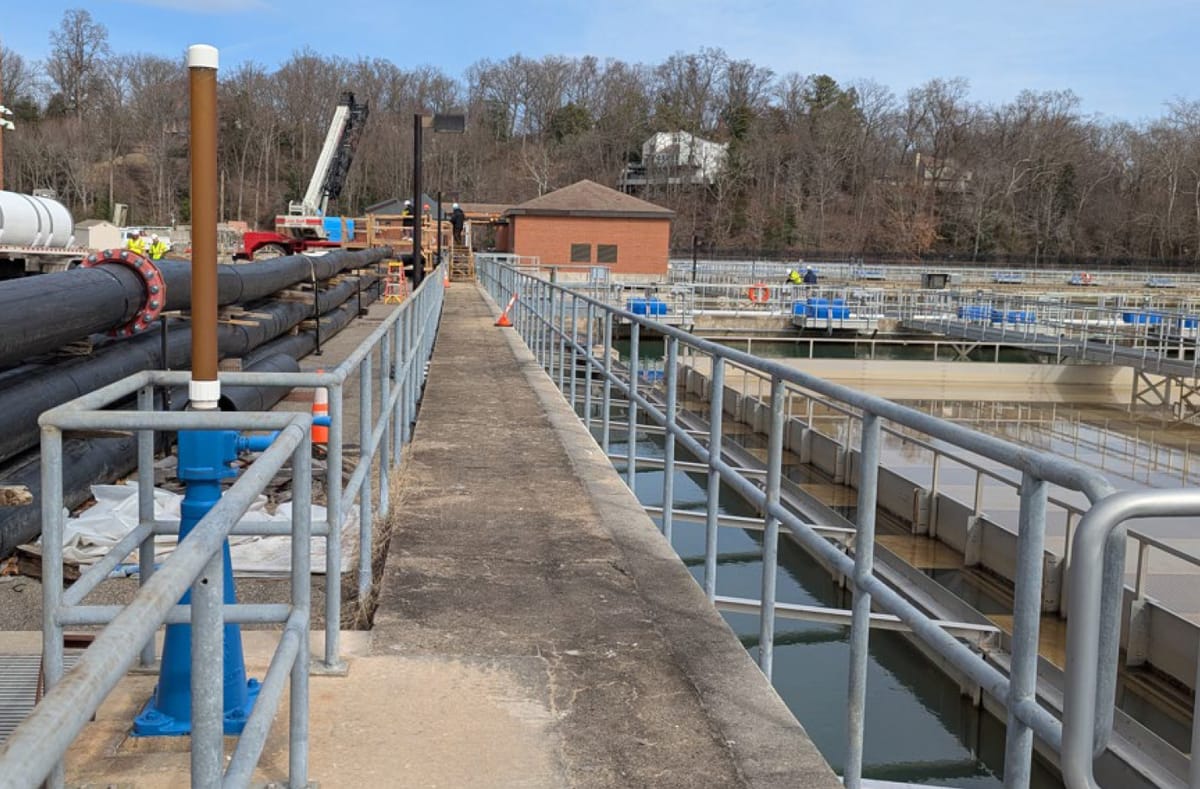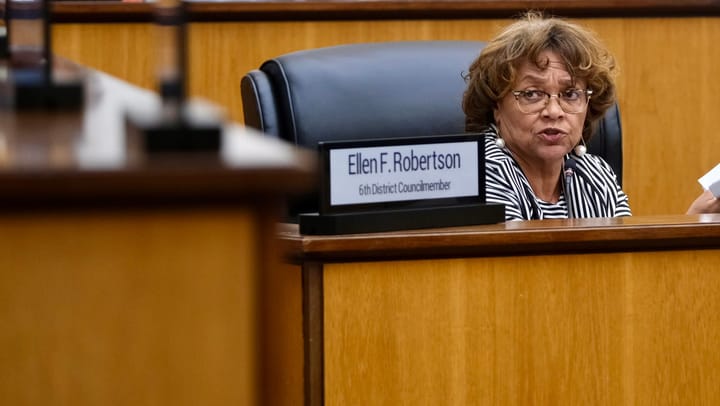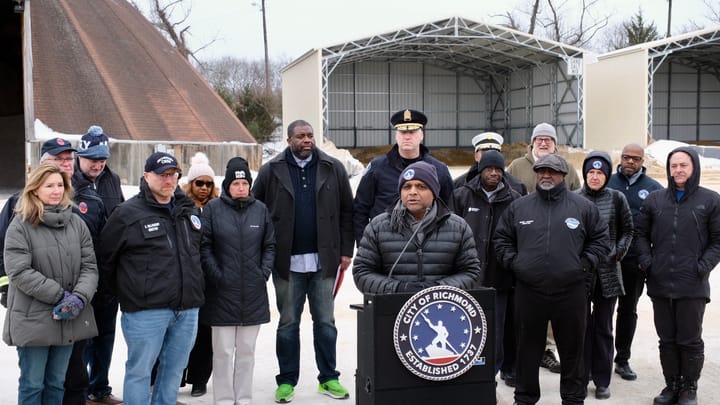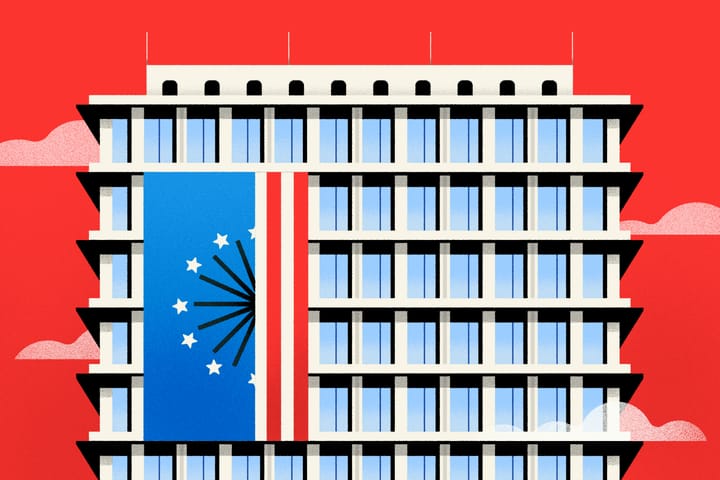
State health regulators fine Richmond $6.8K for violations related to January water crisis
Richmond has agreed to pay state water regulators a “civil charge” of $6,817 as part of an agreement to resolve violations related to January’s water crisis.
This week, the city announced it had reached an agreement with the State Board of Health to resolve a series of problems that contributed to the water outage earlier this year.
The order of consent between the city and the state formalizes the steps being taken to address the issues at the city’s water treatment plant, including the financial penalty.
The order specifies the city committed nine violations of state drinking water regulations by failing to properly manage its water treatment plant. The violations deal with faulty maintenance, the loss of water pressure that left the city without usable water for nearly a week, poor management and oversight of the plant, shoddy emergency planning, a lack of cleanliness at the plant and keeping “abandoned or obsolescent” equipment in place.
“The Water Crisis was avoidable, preventable, and should not have happened,” reads the consent order signed by State Health Commissioner Karen Shelton and Richmond’s Interim Chief Administrative Officer Sharon Ebert.
Under Virginia law, state health officials can assess penalties of up to $25,000 per regulatory violation. When the city pays the penalty, the money will go to the Virginia Water Supply Assistance Grant Fund.
In a news release about the consent order, the city didn’t address the penalty directly, emphasizing that local officials have already taken action to resolve many of the issues flagged by the state.
“We’re taking the recommendations made by our independent investigators at HNTB and those from the Virginia Department of Health seriously, and we’ve already checked a large number of items off the list,” Mayor Danny Avula said in the release. “There’s a lot of work ahead of us, but I know that, together with our partners, we can build a more resilient water system that our region deserves.”
Though Richmond has the primary responsibility for its own water plant, state regulators at the Virginia Department of Health’s Office of Drinking Water have also faced scrutiny for their role in allowing the Richmond facility to deteriorate to the point where a major failure could occur.
The Richmonder is powered by your donations. For just $9.99 a month, you can join the 1,000+ donors who are keeping quality local journalism alive in Richmond.
State regulators were involved in a 2022 inspection of the plant by the U.S. Environmental Protection Agency that identified a lack of emergency planning as a problem. But the state didn’t check back in with Richmond to see if the issues were being addressed until October of 2024. The city didn’t submit its formal response to the 2022 inspection until Jan. 3, three days before the plant failed.
At a recent public meeting after the city had to issue its second boil water advisory in five months, resident Andre Tolleris took local leaders to task for failing to make clean and safe drinking water a priority. The city is in the position it’s in, Toller said, “because nobody was willing to do the hard, often thankless work of long-term planning.”
“And now, all of us — families, businesses, schools, hospitals — we’re paying the price for that avoidance” Tolleris said.
Richmond Department of Public Utilities Director Scott Morris — whom Avula hired in the aftermath of the January crisis to help overhaul the water plant and the department more broadly — recently briefed the City Council on his long-term plans to modernize the city’s water system. While he said DPU is working on numerous short-term fixes and upgrades, he stressed that the city is in the early stages of a yearslong project that could cost more than $500 million over the next decade.
“The January event served as a stark reminder of the consequences of decades of deferred maintenance and underinvestment in our water infrastructure,” Morris wrote in a June 3 memo to Council members. “While needed investments were made to water infrastructure, these investments were done in a manner to keep the system functioning at the minimum standard and not in a forward-looking manner.”
Morris asked for the Council’s support through “setting realistic expectations with the public,” continued advocacy for more state and federal infrastructure funding and backing future increases in water bills to pay for water system upgrades.
“The journey ahead is long, but with patience, sustained investment, and unified support, Richmond will emerge with a water system that matches the aspirations of our great city,” Morris said. “We are, quite literally, rebuilding this plane while flying it.”
Contact Reporter Graham Moomaw at gmoomaw@richmonder.org






